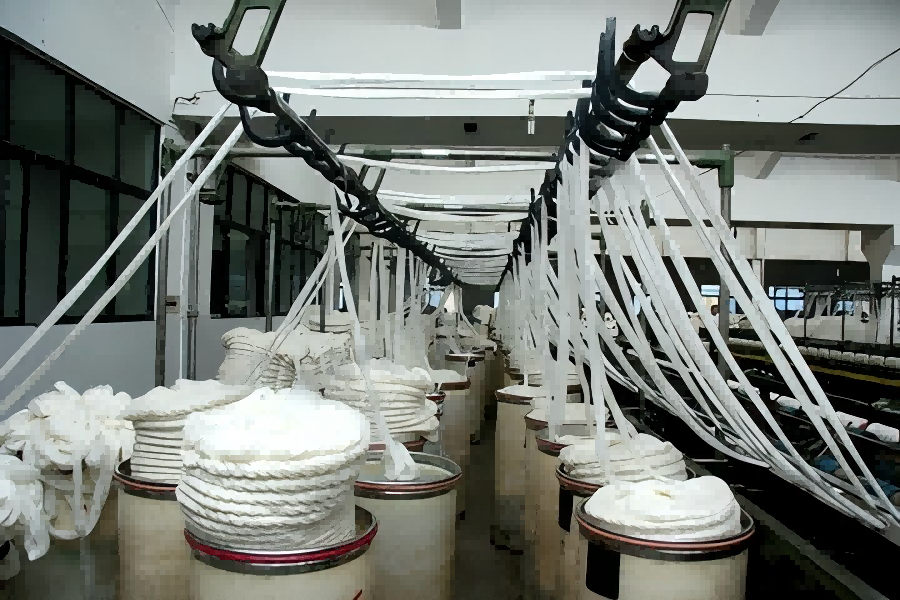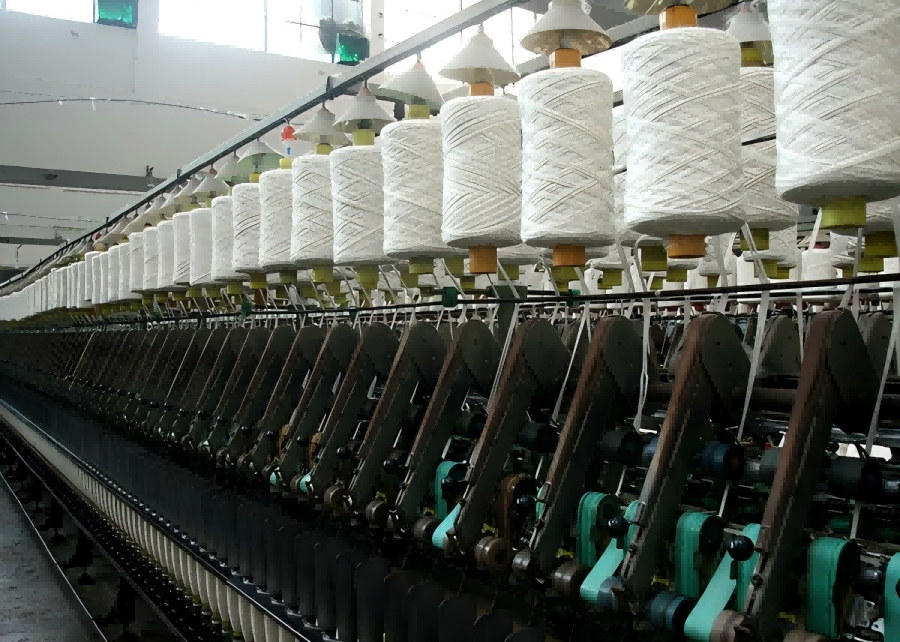Egyptian Textile Machinery Market Development Status
With the continuous development of the global economy and the increasing progress of textile technology, the Egyptian textile machinery market is showing a thriving development trend. Egypt, as one of the important economies on the African continent, has a long history and strong foundation in the textile industry. In recent years, with strong government support, it has continuously introduced advanced technology and management experience to promote the sustained prosperity of the textile machinery market.
The development status of the Egyptian textile machinery market can be analyzed from multiple dimensions. Firstly, from a demand perspective, the Egyptian textile industry’s demand for high-quality and efficient textile machinery continues to grow. This is mainly due to the increasing demand for Egyptian textiles in domestic and international markets, as well as the Egyptian government’s support policies for the textile industry. For example, the Egyptian government encourages enterprises to introduce internationally advanced textile machinery and technology by providing financial subsidies, tax incentives, and other measures to improve production efficiency and product quality.
Secondly, in terms of supply, although Egypt also produces a certain amount of textile machinery locally, high-end textile machinery still relies on imports. China is the main supplier of textile machinery to Egypt, and their machinery is favored by Egyptian textile enterprises for its high quality and advanced technology. As one of the world’s largest textile machinery manufacturing countries, China occupies an important position in the Egyptian market. Its products cover multiple fields such as spinning, weaving, printing and dyeing, and finishing, and have been widely used. CTMTC has been deeply involved in the Egyptian market for many years, actively participating in the Egypt International Textile Machinery Exhibition. Despite the overall good demand in the global viscose fiber market and the low prices of domestic viscose fiber products, the company seized the market opportunity and relied on the long-term cooperation and trust of old Egyptian customers to successfully sign a 230 ton viscose fiber export contract with them. After the contract came into effect, the relevant departments of the company closely communicated and cooperated with the production enterprise to overcome difficulties such as rising sea freight rates and uncertain delivery times caused by the epidemic, and completed the shipment in one go. Next, CTMTC will conduct a more in-depth study of the demand characteristics of the Egyptian textile machinery market, including market size, growth trends, consumer preferences, etc., in order to better position products and services.


